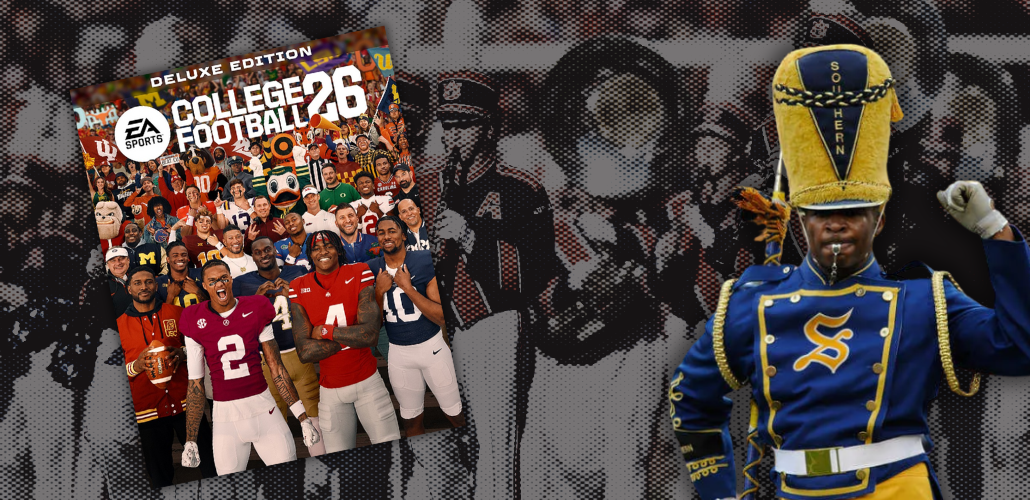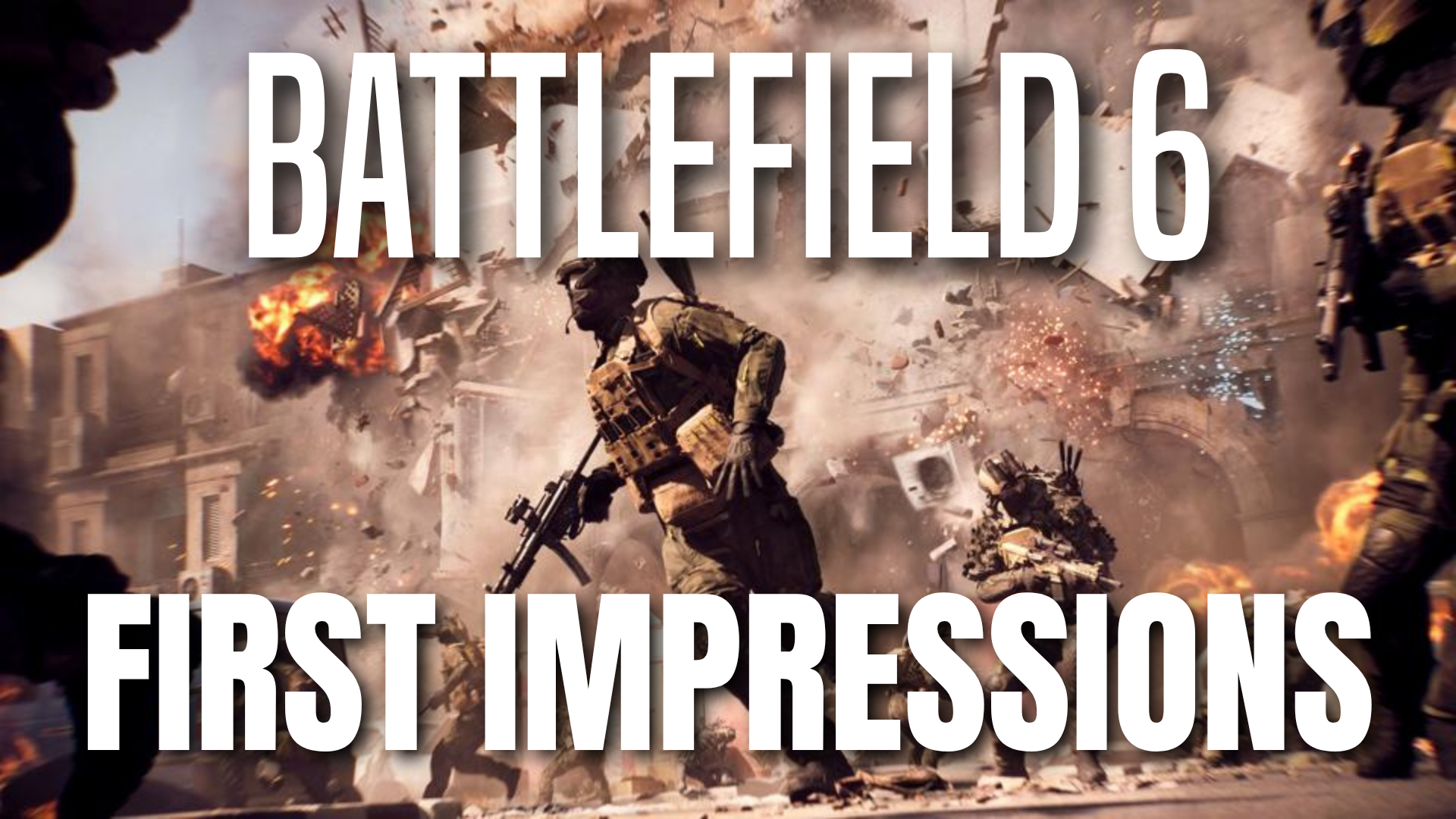Menu
Contact

EA Sports’ College Football 26 has officially launched, a clear sign that the college football season is fast approaching. For many fans, myself included, this return was long awaited since last year’s game was released after being shelved for over a decade. The franchise went on pause due to legal and ethical concerns around profiting off student-athletes’ names, images, and likenesses. But thanks to evolving NIL legislation, college athletes can now earn from their brand, opening the door for EA to return to the field. And return it did, with the game racking up over $500 million in revenue in its first month, and leading to over $2.2 billion in revenue for EA Sports, reported in October 2024.
But for all its fanfare, one familiar omission stands out: Historically Black Colleges and Universities (HBCUs) are once again left off the roster. To be fair, EA’s game has long limited its team selection to the Football Bowl Subdivision (FBS), excluding all programs from the Football Championship Subdivision (FCS), where HBCUs primarily compete. This exclusion has persisted since the 2006-07 editions. Longtime fans like me knew this, and we knew EA planned to bring back the beloved Teambuilder feature that allows us to design our own teams, uniforms, and logos, including our HBCU favorites. Still, I couldn’t resist making a video calling out the absence. It did pretty well.
But even without our teams, there’s one unexpected place where HBCU culture has unmistakably found its way into the game: the bands.
Let’s get something straight, no, Southern’s Human Jukebox or Jackson State’s Sonic Boom of the South didn’t record anything for this game. In fact, Auburn University’s Marching Band (AUMB) provided the game’s opening theme, thanks to their win in the "For Whom The Band Tolls" competition in partnership with Metallica, a win that also came with a $50,000 prize.
Still, when I fired up the game and heard the 16 additional marching band-style arrangements of popular hip-hop tracks, I immediately recognized the influence. EA hasn’t disclosed who recorded the tracks but the band is labeled as “fresh-off-the-field,” but clips of the studio sessions have appeared on TikTok. These tracks include "Never Scared" by Bonecrusher, "Swag Surfin" by F.L.Y., and "Flex" by the late Rich Homie Quan, songs that HBCU bands popularized in stadiums long before they became trending sounds.
I come from this culture. My sister and I marched in Morehouse College’s “House of Funk” Marching Band. Our father marched in Southern University’s “Human Jukebox”. For us, marching bands weren’t a halftime distraction, they were the show. They’re the heartbeat of HBCU sports, and our unique approach to musical performance has been influencing broader marching culture for decades.
It’s not just about playing popular songs, it’s about how they’re played. That’s where the arrangement comes in. Arrangement is the art form behind the performance, the band director’s blueprint of who plays what and when. It’s where the soul of the song is infused, where personality and power meet precision. And in these new in-game band tracks, the fingerprints of HBCU-style arranging are clear.
Take the "screaming trumpet," for example, a signature feature in HBCU bands that prioritizes intensity and showmanship. While traditional programs may use this sparingly, in HBCU culture, it’s expected. Or the “tuba break”, a moment in an arrangement when the tubas, accompanied by the drumline, take over and drive the performance to its loudest and most passionate crescendo. These are not quirks, they're cultural markers. And for those of us who’ve lived it, the sound is unmistakable.
So while our teams may not be playable and our band names may not be in the credits, our influence is undeniable. It mirrors what we see in real life, too. PWI bands may perform popular music, but few do it with the frequency, flair, and flavor of HBCUs. In fact, many songs gain a second life when HBCU bands choose to cover them, sometimes reaching new audiences for the first time.
Add to that the rise of HBCU in-house media, with top channels collectively racking up over 140 million views, and it’s no surprise that EA’s unnamed studio band pulled inspiration from the culture that’s always been on beat, even when left off the official roster.
We may not be in the game, but make no mistake: we’re part of the soundtrack.

It’s been four years since Battlefield 2042. That game built hype with massive maps, immersive gameplay, and the promise of dynamic weather — ambitious, to say the least. But what we got was a buggy mess with busted servers and missing staple features, even non-negotiables like in-squad voice chat. The backlash was immediate: negative reviews poured in, and some players demanded refunds. With 2042 widely seen as a failure, EA went back to the drawing board, bringing together four of its most talented teams to create a game that could both redeem and revive the franchise.

Known for their chart-topping hits and genre-defining impact, Ne-Yo and T-Pain have taken their friendly competition out of the studio and into the virtual ring.

It’s been almost 20 years, but March Madness is set to make its long-awaited return to the gaming world.